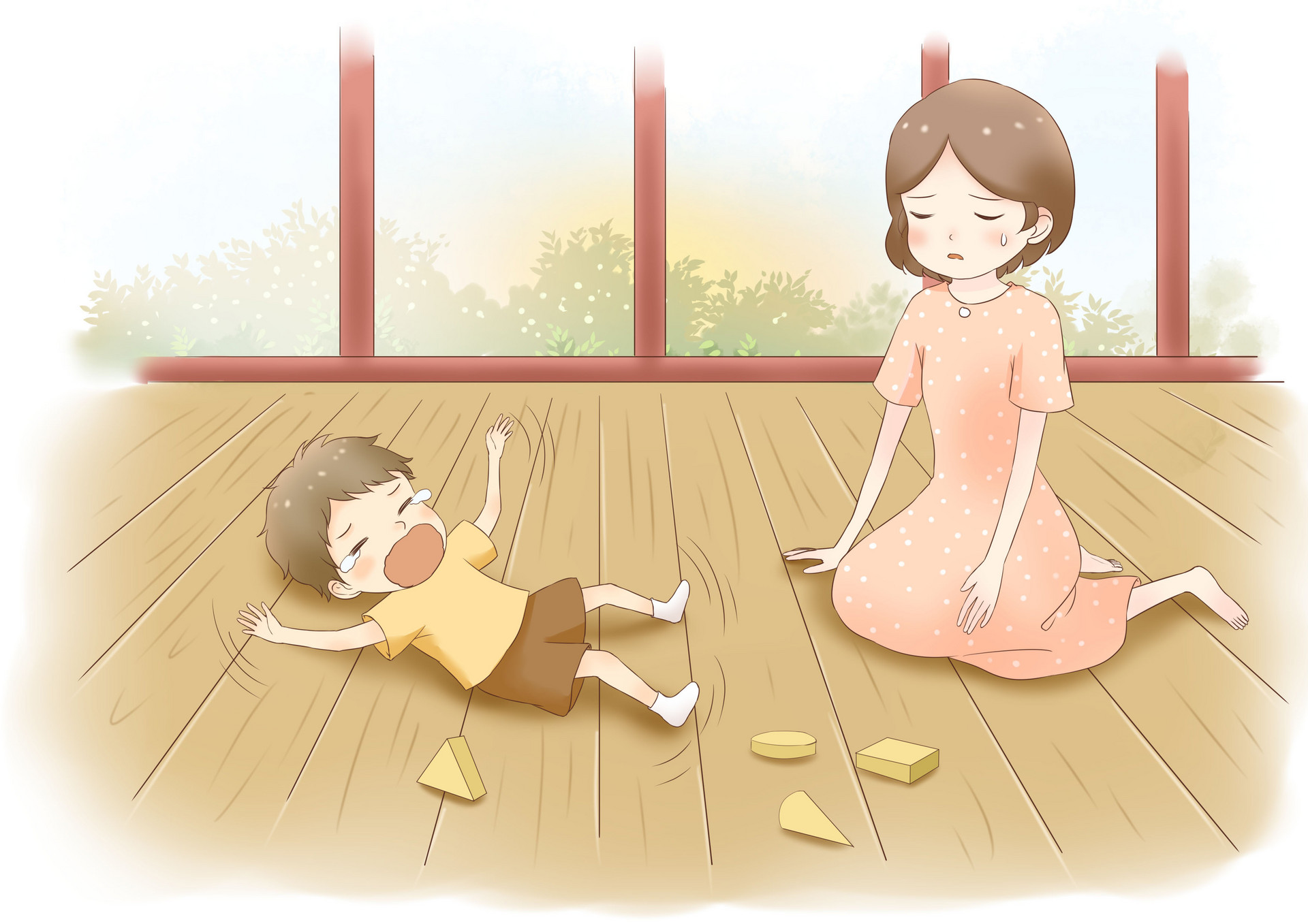Parents of newborns are always careful in taking care of their babies. What should you do if your baby likes to "suck their fingers"? In fact, moms don't have to worry too much, as sucking fingers is a sign of intellectual development for infants!
When babies reach 2 to 3 months old, they start to perceive the outside world. The oral nerves develop earlier for these young infants, so their mouth is a tool for them to explore the world. Sucking fingers is not only a process of learning and playing for them, but also a sign of their intellectual development.
First, they learn to look at their own little hands, then clumsily stuff their whole hand into their mouth, and then suck on two or three fingers. Finally, they develop the skill to suck on one specific finger.
This helps with the coordination development of their eyes and hands, laying the foundation for accurate gripping in the future. Parents don't need to stop their children from sucking their fingers.
As the baby grows older, this sucking fingers behavior should gradually disappear. However, when the baby is hungry, sucking on their own fingers or clothes may seem to provide a similar satisfaction to sucking on milk, so this behavior may become a habit.
Sucking fingers has different meanings for children of different ages.
【Before 6 months: Sucking for needs】
Sucking reflex is an instinctive behavior to maintain survival. Infants younger than three months often consider sucking fingers as a physiological need.
【After 6 months: Need for psychological comfort】
If the baby still sucks their fingers after six months of age, at this point, it is no longer to satisfy physiological needs but to seek psychological comfort. A six-month-old baby is able to perceive the world. They will choose to suck their fingers to alleviate anxiety in the following situations:
1. Understands emotions and expresses them.
2. Feels insecure when away from parents' embrace or familiar environments.











